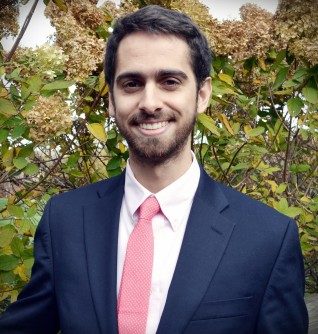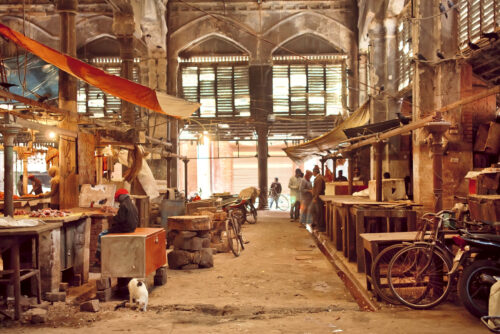
For many organizations that already struggle just to match last year’s fundraising revenue, the capital campaign is simply a pipedream.

The Christian tradition in the West knows the difference between charity and philanthropy, and thinkers in the East would benefit from using this distinction, too.

Usury has the unintended consequence of making money unproductive and directed towards the wealthy. Nonprofit organizations should oppose usury while promoting a vibrant marketplace.

Nonprofits that have a donor club and consider it an important part of their fundraising efforts have an average per-donor contribution level 49.6% higher than those that don’t.






